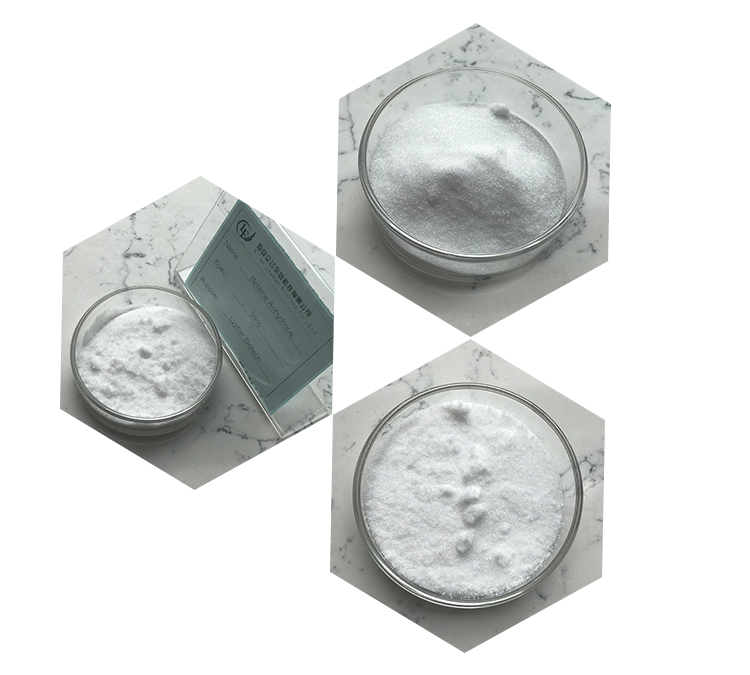Betaine (also known as trimethylglycine or TMG) is a naturally occurring compound found in foods like beets, spinach, quinoa, and whole grains. It plays an important role in several physiological processes, including methylation (critical for DNA and protein function) and liver health. However, as with any supplement or nutrient, there are both benefits and potential downsides. Let’s explore the pros and cons of betaine.
Pros of Betaine:
1.Supports Heart Health:
Betaine helps lower homocysteine levels in the blood, a risk factor for cardiovascular diseases. High homocysteine can lead to inflammation and damage to blood vessels.
2.Enhances Athletic Performance:
Betaine is popular among athletes for its potential to increase muscle endurance, strength, and power. It may help improve body composition by increasing muscle mass and reducing fat.
3.Supports Liver Function:
Betaine is known to protect the liver by promoting fat metabolism and reducing the risk of fatty liver disease, particularly in individuals with non-alcoholic fatty liver disease (NAFLD).
4.Aids Digestion:
Betaine hydrochloride (HCl) can be used as a supplement to improve digestion, particularly for people with low stomach acid. This can improve nutrient absorption and alleviate indigestion.

5.Promotes Cellular Health and Methylation:
Methylation is essential for DNA repair, protein production, and other vital processes. Betaine supports methylation by acting as a methyl donor, thus promoting overall cell health and proper functioning.
6.Potential Role in Weight Management:
Some studies suggest that betaine may help reduce body fat and improve metabolic health by influencing fat oxidation and energy expenditure, though more research is needed.
Cons of Betaine:
1.Gastrointestinal Issues:
In some individuals, betaine supplementation can cause stomach upset, nausea, diarrhea, or bloating, especially at higher doses.
2.Body Odor (Trimethylaminuria Risk):
Some people may experience a condition called trimethylaminuria (fish odor syndrome) where the body cannot properly break down trimethylamine, a compound related to betaine. This can lead to a strong fishy odor in sweat, urine, and breath.
3.Uncertain Long-term Effects:
While betaine is generally considered safe for most people, long-term studies are limited, and there may be unknown effects from chronic high-dose use, especially without medical guidance.
4.May Not Be Effective for Everyone:
The effectiveness of betaine in improving athletic performance, heart health, or liver function may vary between individuals. Genetics, diet, and existing health conditions can influence its benefits.

5.Interactions with Medications:
Betaine can interact with certain medications, especially those that affect blood pressure or those for liver conditions. People on specific medications should consult their healthcare provider before taking betaine.
6.Potential for Increased Cholesterol Levels:
Some studies suggest that betaine supplementation may lead to an increase in LDL (bad) cholesterol, which could pose a risk for individuals already dealing with high cholesterol or heart disease.
Conclusion:
Betaine has several health benefits, including promoting heart, liver, and digestive health, as well as improving athletic performance. However, it may cause gastrointestinal issues, body odor, and has uncertain long-term effects. As with any supplement, it’s important to consult with a healthcare provider before starting betaine, especially if you have pre-existing health conditions or take medications.
